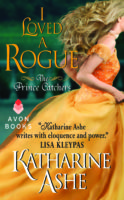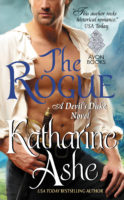Yesterday I wept at the beauty of a romance.
Admittedly, I’m a weeper. I see a brilliant sunset, hear a toddler’s laughter, witness an act of kindness, and I become a watering pot. The spectacular glory of life — whether of the natural world or of human creation — gets to me in my deepest core of joy. But the weeping I did over that book yesterday made me think about this piece for RARM that I’d been pondering. This is because it touched upon some ponderings already rolling around in my head. And it made me understand why, when I can write any kind of fiction or non-fiction, I choose to write romance.
Read Katharine’s Revelations →




